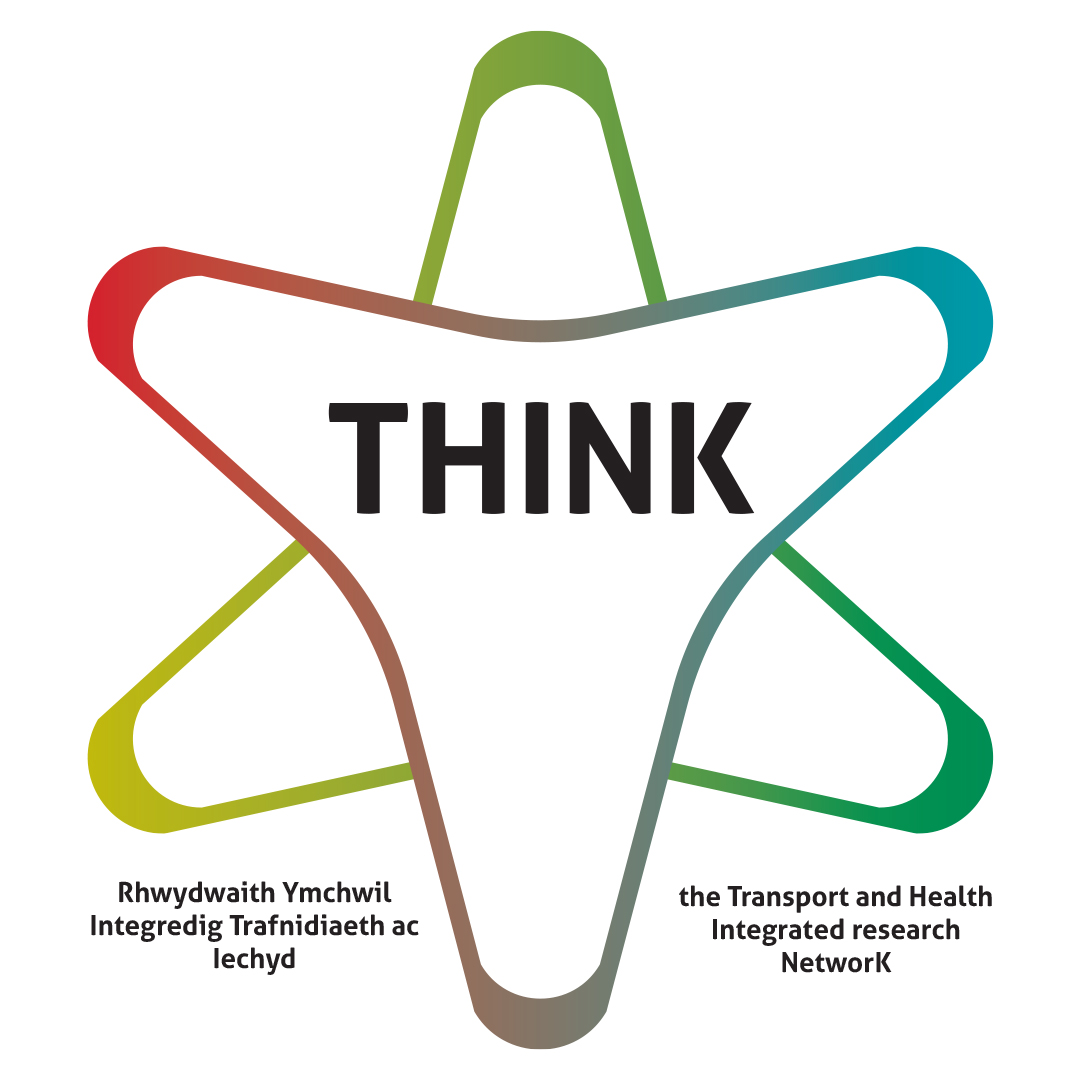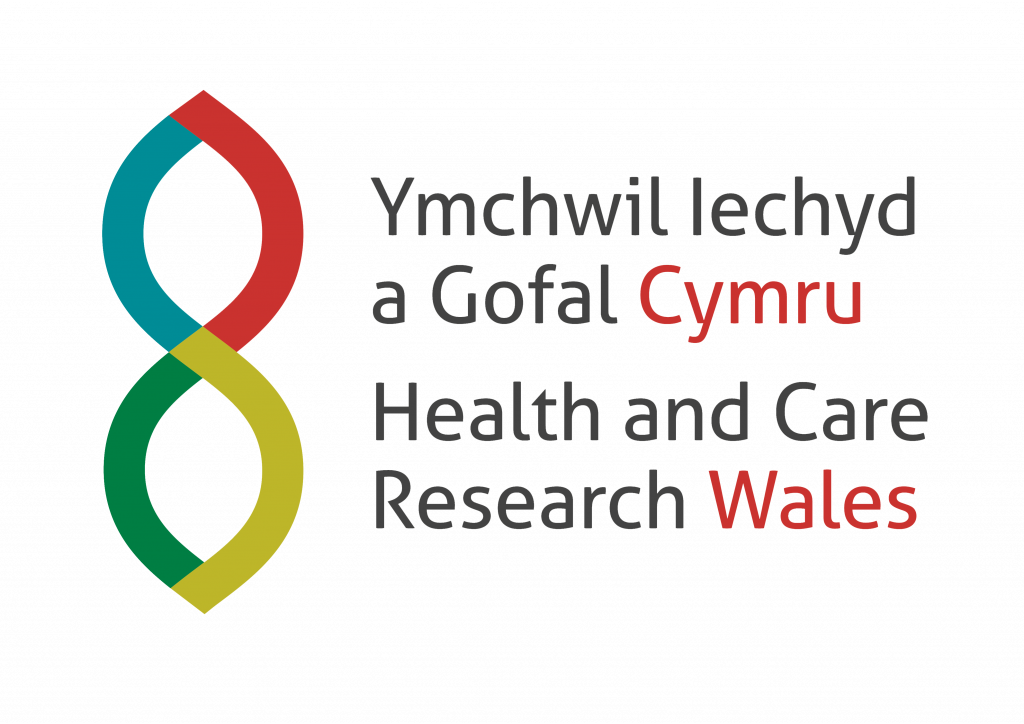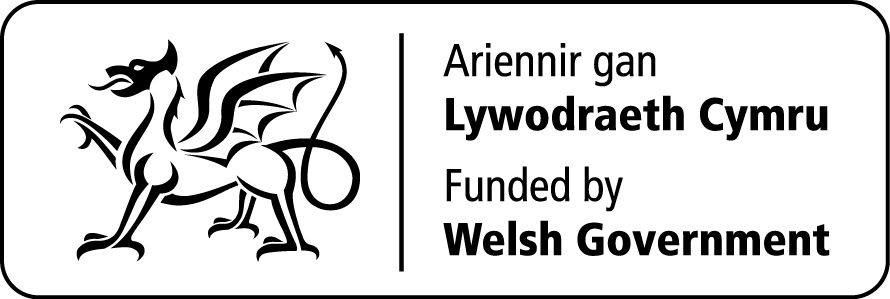
Transport and Health Integrated research NetworK MANIFESTO 2024- a vision for the future of transport and health in the UK
The 200+ members from academia, policy, practice and third sector of the Transport and Health Integrated research Network – THINK present their manifesto for achieving better health outcomes for all by addressing transport challenges in the UK.
“It should be recognised that all road users are separate groups with their own specific needs. The type of vehicle used (e.g. car, heavy goods vehicle, bicycle, professional vehicles like taxis, etc.) will change the experience of the person and therefore the way they use the vehicle. A similar situation applies to different environmental classifications (e.g. rural vs urban, or on/off campus). All road safety-oriented studies should include focussed practices that avoid generalisations as much as possible. “
The keys to lasting, large-scale shifts that can lead to public health improvements where no one is left behind are:
- A human-centred approach to transport should be recognised identifying that individuals have specific needs influenced by their mode of transport and the surrounding social, built and legal environment.
- People and organisations working in transport and health can influence the environment to support people to use more healthy modes of transport and minimise the harms from transport use. People have differing needs that must be catered for, taking into account that often those already marginalised need to be much better represented in the transport decision making process to fully support their needs.
- To make sure that mental health and wellbeing as well as physical health is considered when examining relationships between transport and health.
- A shared joined-up approach is needed to design, deliver and manage our transport system, prioritising, as often as we can, movement by public and active modes of transport (walking, wheeling and cycling), and reducing priority for the car.
- This applies to aspects like the design of streets, transport planning, and how transport is organised and managed (governance). Authorities, health boards, education boards, public, private and third sector operators, private sector service providers, emergency services and communities need to be given the time, money and training to collaborate as equals to enable transport design that is integrated with social, education, work and health hubs leading to enjoyable, comfortable journey experiences for everyone that maximises health, education and economic outcomes, especially in rural areas.
- Public transport must be re-designed to be attractive and desirable to users, so that passengers feel like equal and respected citizens to car drivers.
- For example, it must be good quality, safe, clean, reliable, affordable and serve appropriate routes, and be easy to use by people with and without access to smart phone apps and be comprehensively advertised to all potential user groups.
- There must be integration of data to allow easy whole-journey planning for work or leisure across different transport modes.
- Access to multiple options for travel should be the default for everyone, with single occupancy car journeys as the last resort.
- All people, including children, have the right to feel welcome and safe in public spaces and this includes on transport, along streets, cycling routes and in stations and bus stops.
- Such places should be designed, managed and, where feasible, staffed to maximise confidence and perceptions of safety for all users.
- To create a culture where all forms of transport and the people who use them are equally respected there must be;
- significant communication, consultation and educational opportunities for the public when new modes of transport or new interventions are planned.
- significant effort and resource needs to go into advertising, promotion and improving the financial accessibility of non-car-based journeys and bicycle or electric bicycle ownership (including accessible versions) to bring them in line with the spending on advertising and promotion (including access to cheap credit) of car ownership.
- storage of bikes at home, on public transport, in the workplace or at recreational spaces needs to be made at least as important as the attention and importance given to car parking spaces.
- All new housing, economic, education or health developments should automatically incorporate safe active travel routes and public transport access as a priority rather than prioritising parking spaces and roads.
- Where possible, existing housing settlements should be retrofitted to enable safe, enjoyable walkable or wheelable access from the front door to meet everyday needs. This would include more services and amenities being located nearer to where people live so that they do not have to travel so far.
- Every life and every family’s happiness and health are precious so we think it should be normal to not accept a single death or serious injury because of road collisions on any of our streets.
- To do this all measures to make roads as safe as possible should be considered, for example 20mph default speed in built up areas, segregated pavements and cycle routes, and priority for the most vulnerable road users along with safety training, awareness raising and safety enforcement for all road users plus graduated driving licenses to support these measures.
- All sustainable and low-carbon transport policies should be delivered within a One Health approach.
- All sustainable and low-carbon transport policies and interventions should also include positive human and animal health outcomes.
- All sustainable and low carbon transport design that is being developed from now on should have climate resilience, extreme weather event preparedness and inclusion for all users built into it to avoid costly retrofitting and conflicts between users in years to come.
- Long term, flexible funding for transport and public health is needed for local authorities to adapt to the needs of their communities at a time when technological change and work pattern change is rapid and can be unpredictable.
- All data on road users and road safety should be publicly available and freely accessible to all those interested.
For more information on any of the above please email think@aber.ac.uk and see the THINK website at http://think.aber.ac.uk
THINK brings together people working in transport and health from policy, practice and academia, developing skills, experience and knowledge, generating new practice-orientated research and getting research into practice.
THINK is a collaboration between:


THINK is funded by the Welsh Government through Health and Care Research Wales

